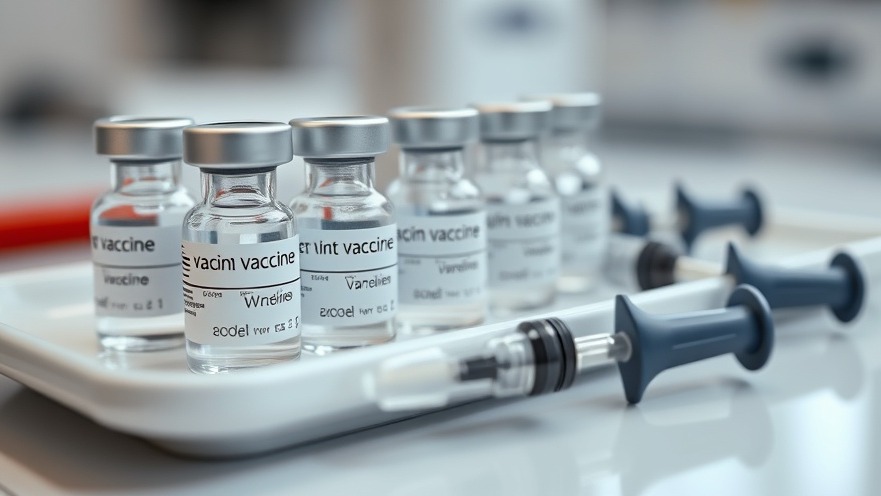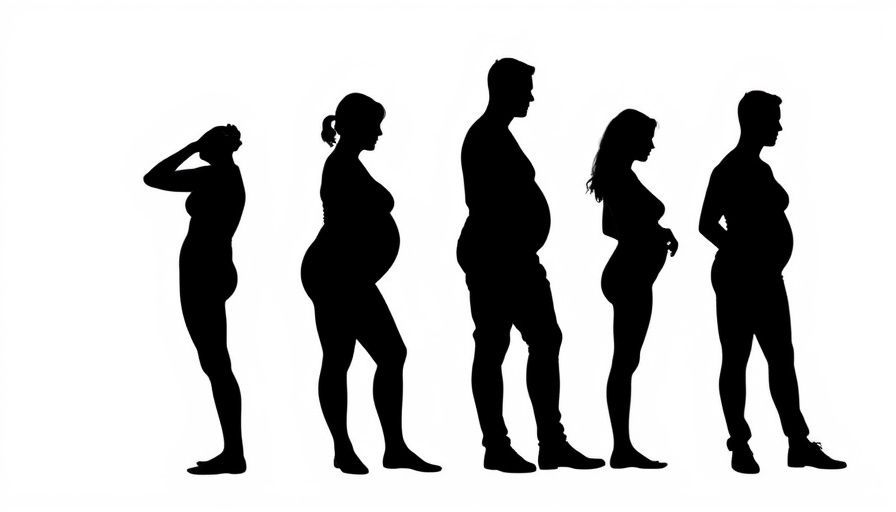
U.S. Childhood Vaccination Rates See Another Dip: A Growing Concern
In a troubling trend for public health, U.S. kindergarten vaccination rates have declined for the second consecutive year, while exemptions to vaccination requirements have reached record highs. Federal data has revealed that the fraction of children exempted from vaccine requirements has increased from 3.3% to 3.6%, marking the third year in a row for record-breaking exemption rates. This data, released by the Centers for Disease Control and Prevention (CDC), raises alarm bells as the nation grapples with its worst measles outbreak in over 30 years, with more than 1,300 cases reported thus far.
The Role of Exemptions: Understanding Non-Medical Reasons
These disturbing statistics indicate that the majority of vaccination exemptions are for non-medical reasons, reflecting a shift in public sentiment regarding vaccine safety and efficacy. This rise in exemptions can be attributed to a combination of misinformation, personal beliefs, and a growing movement that questions the necessity of childhood vaccinations. Public health experts have expressed concern that this trend undermines herd immunity, which is vital for protecting not only vaccinated individuals but also those who cannot receive vaccines due to medical reasons.
Connecting the Dots: Vaccinations and Measles Outbreaks
The rising exemption rates have coincided with a significant increase in measles outbreaks across the country. With 1,300 cases reported this year, the U.S. faces a public health crisis that mirrors situations seen in other countries where vaccination rates have plummeted. Experts argue that lower vaccination rates have direct correlations with outbreak severity. Dr. Sean O'Leary, a prominent pediatric infectious diseases specialist, cautions that without efforts to boost vaccination coverage, we can expect more outbreaks in the coming months.
State Responses and Variability: A Divided Landscape
States exhibit significant variability in vaccination rates and acceptance of exemptions. For example, Texas has been identified as particularly hard-hit by measles outbreaks, prompting discussions about the adequacy of the state's vaccination laws. With a median exemption rate among 48 states and the District of Columbia reported at 4.1%, it becomes crucial for states to evaluate their policies to ensure child and community health is maintained.
Future Implications: What's Next for Parents and Public Health?
Despite the grim outlook, experts hope that this year's outbreaks may prompt parents to reconsider their decisions about vaccinations. As children prepare for school, Dr. O'Leary suggests that increasing awareness surrounding these outbreaks might encourage more families to vaccinate their children. Public health campaigns that address fears and misinformation could prove vital in reversing the trend.
Actionable Insights for Parents and Communities
It is imperative for parents to stay informed about the importance of vaccines, not only to protect their children but also to protect those around them. Engaging in dialogues with healthcare providers about vaccine safety, addressing misinformation through reliable sources, and advocating for vaccination within communities can support healthier populations. Community outreach and educational programs aimed at debunking myths about vaccine safety can foster an environment of trust and understanding, vital for increasing vaccination rates.
Concluding Thoughts: The Critical Need for Action
As the data shows, declining vaccination rates signify not just a public health concern, but also an erosion of community safety nets created through herd immunity. The growing exemption rates are a wake-up call. It is essential for community leaders, educators, and health officials to work collaboratively to tackle misinformation and promote sustainability in vaccination rates. Only through united efforts can we hope to stem the tide of vaccine reluctance and protect our most vulnerable populations.
 Add Element
Add Element  Add Row
Add Row 



Write A Comment